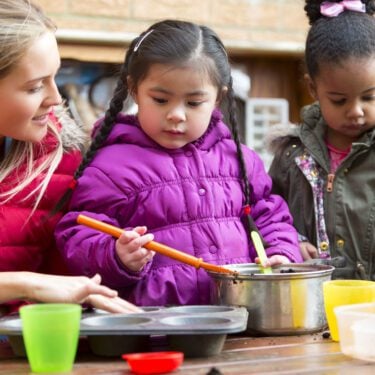Parents and carers who regularly read with small children are giving them a language advantage of eight months, Nuffield-funded research from the University of Newcastle shows.
Led by James Law, Professor of Speech and Language Sciences, a team of experts found that receptive language skills – the ability to understand information – are positively affected when pre-school youngsters read with someone who cares for them.
They carried out a systematic review of reading intervention studies from the past 40 years, using either a book or electronic readers and where reading was carried out with a parent or carer.
In the report, the researchers were looking for effects on receptive language (understanding), expressive language (where a child puts their thoughts into words such as vocabulary and grammar) and pre-reading skills (such as how words are structured). The results were positive for each category but the biggest difference was with receptive language skills.
The review showed socially disadvantaged children experienced slightly more benefit than others.
Professor Law said: “While we already knew reading with young children is beneficial to their development and later academic performance, the eight month advantage this review identified was striking. Eight months is a big difference in language skills when you are looking at children aged under five.”
“The fact we saw an effect with receptive language skills is very important,” says Professor Law. “This ability to understand information is predictive of later social and educational difficulties. And research suggests it is these language skills which are hardest to change.”
The average age of the children involved in the 16 studies included in the review, was 39 months and the review looked at studies from five countries: the USA, South Africa, Canada, Israel and China.
Numerous research studies have shown that children with delayed language development do worse at school and have poorer outcomes later in life.
The researchers are now calling for public health authorities to promote book reading to parents.
“There have been lots of initiatives over the years to get books into the homes of young children,” said Professor Law. “What we’re saying is that’s not enough. Reading with small children has a powerful effect. For this reason, it should be promoted through people like health visitors and other public health professionals as this simple act has the potential to make a real difference.”







































